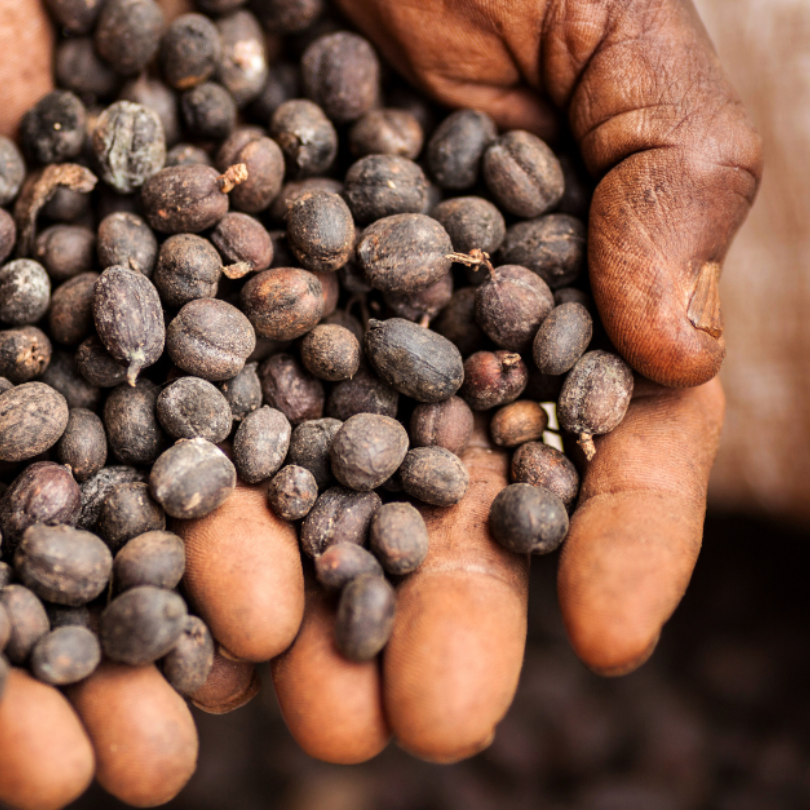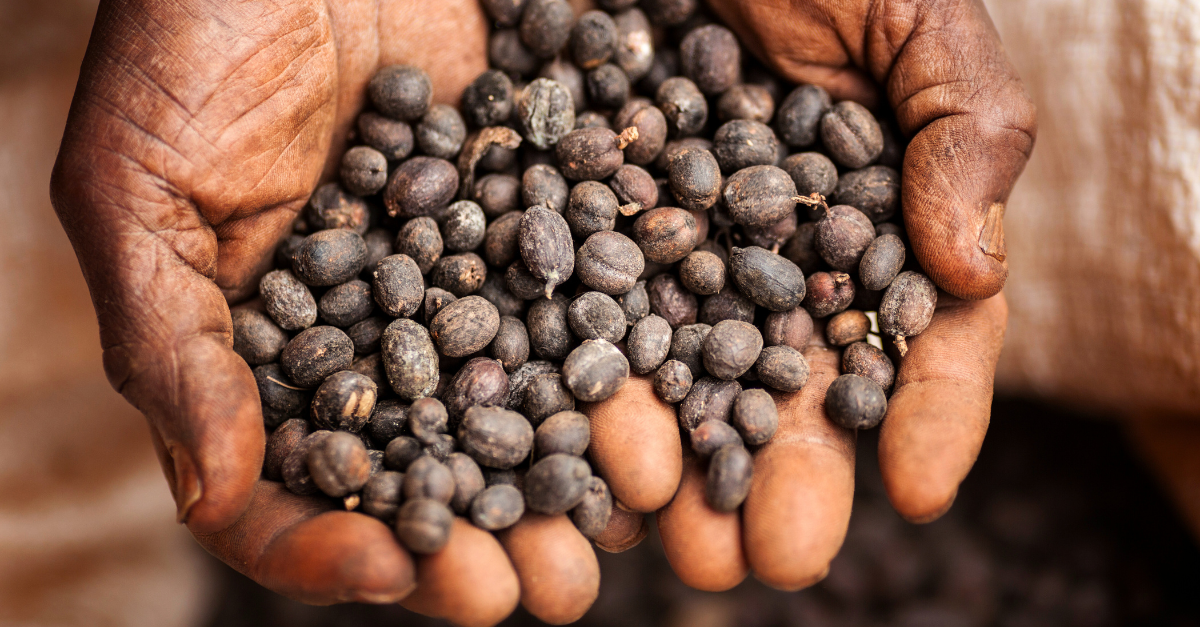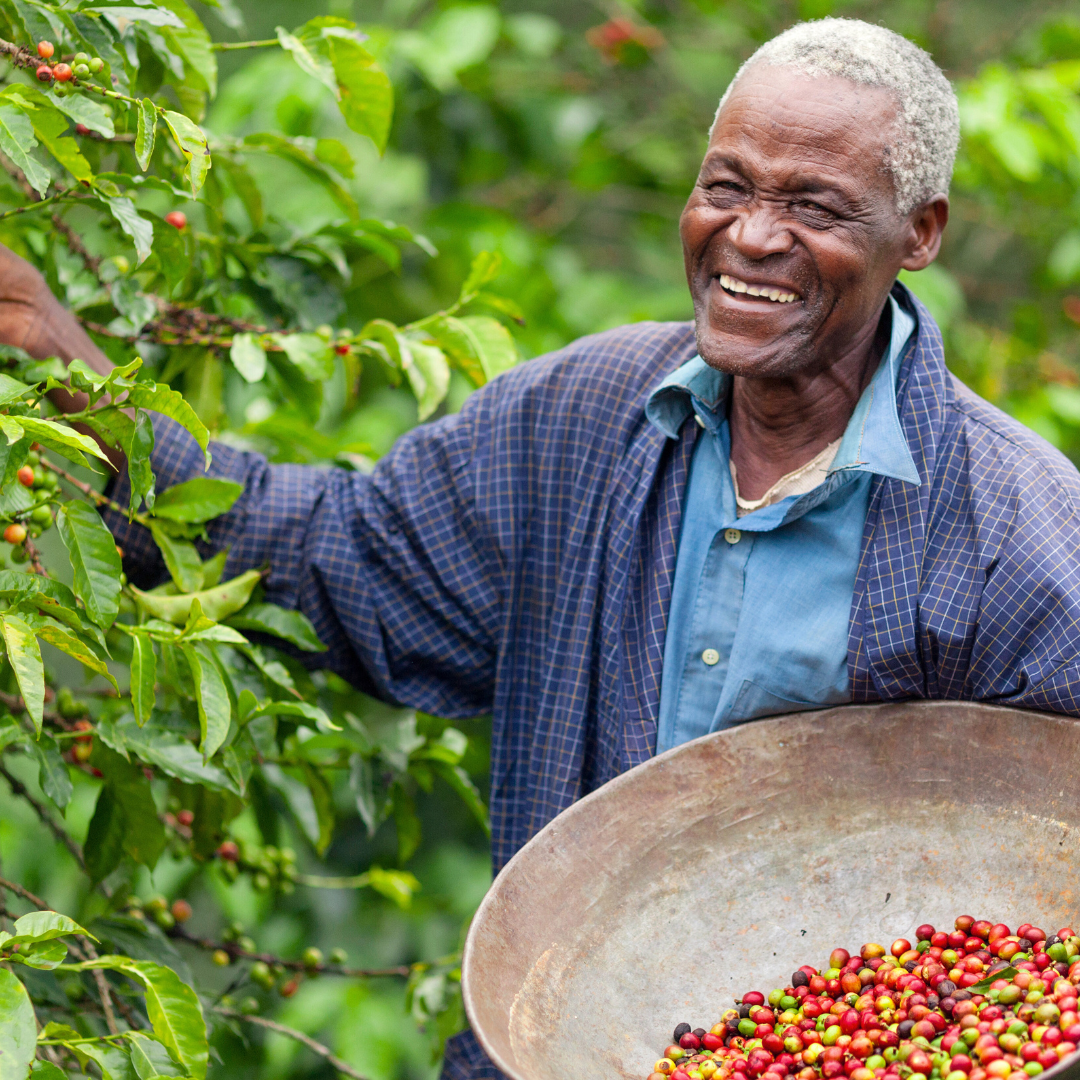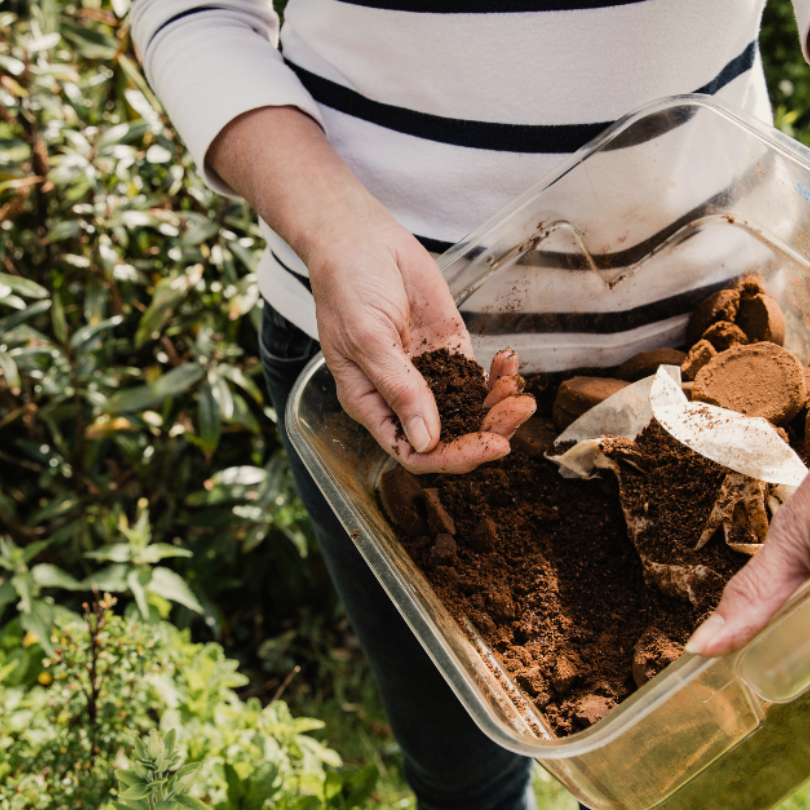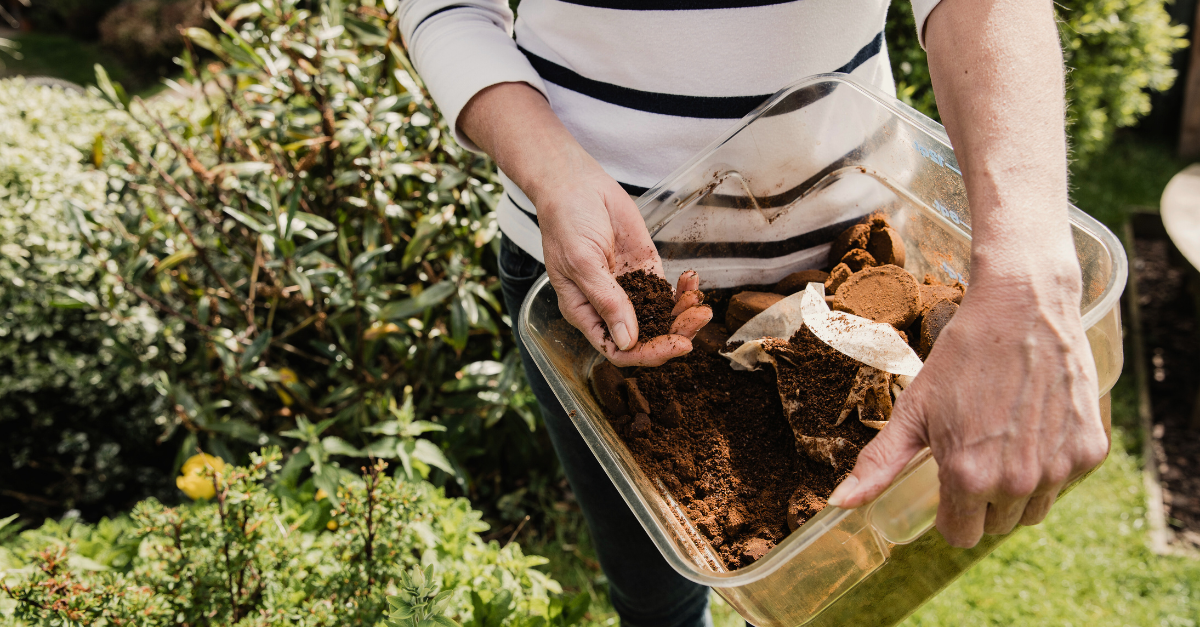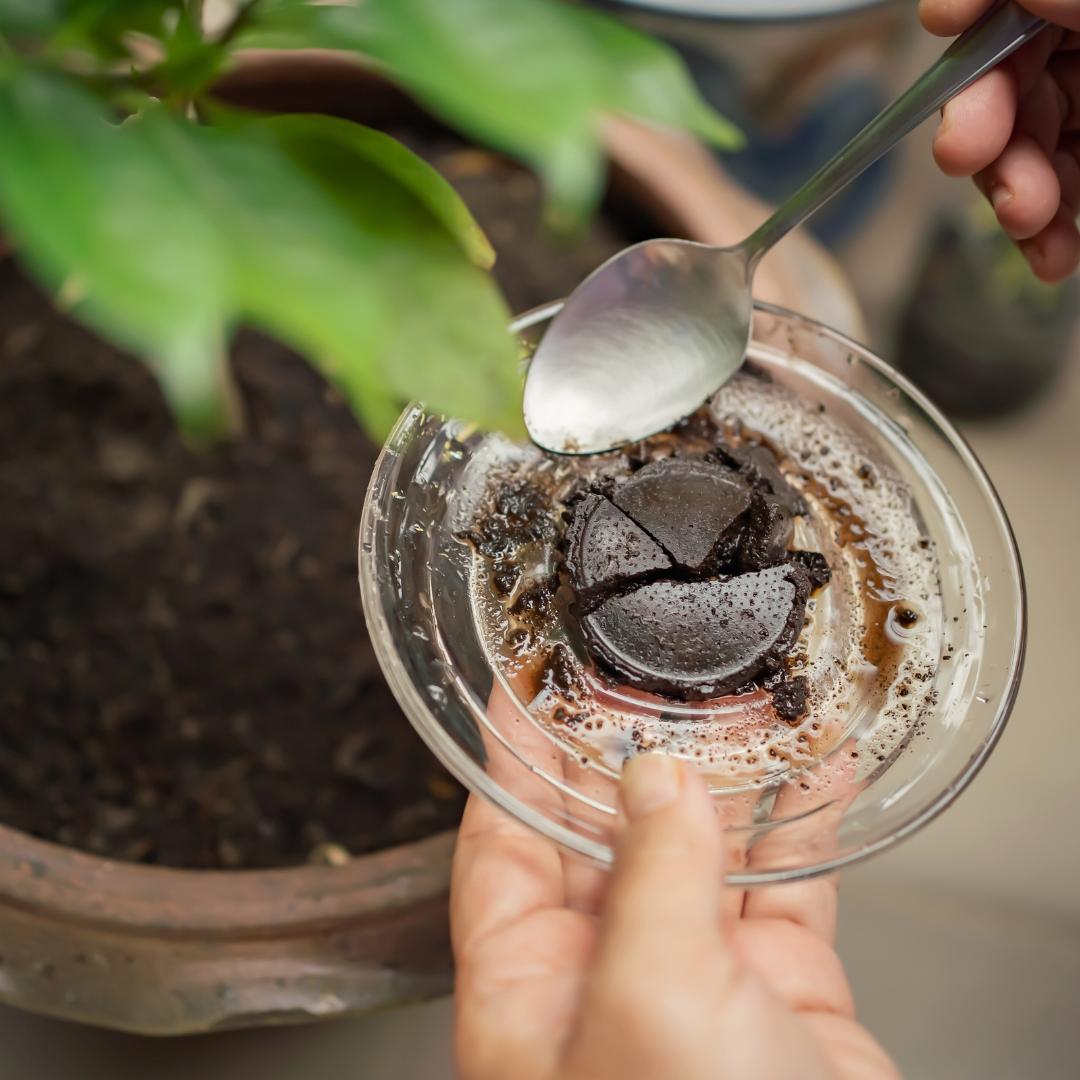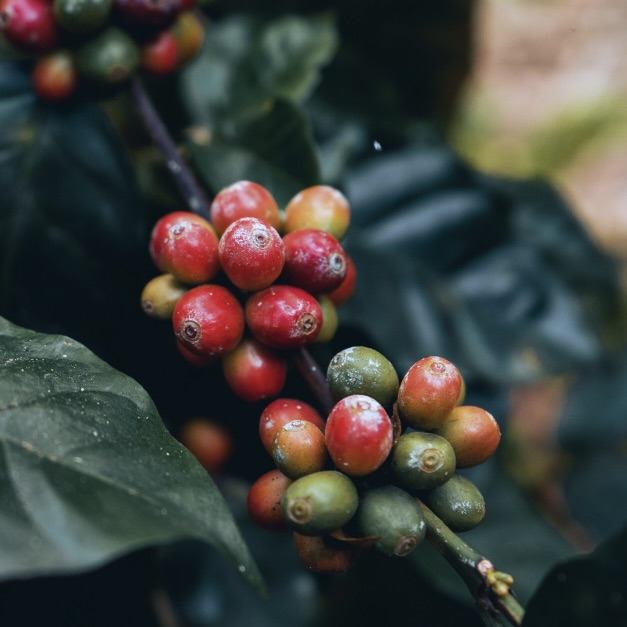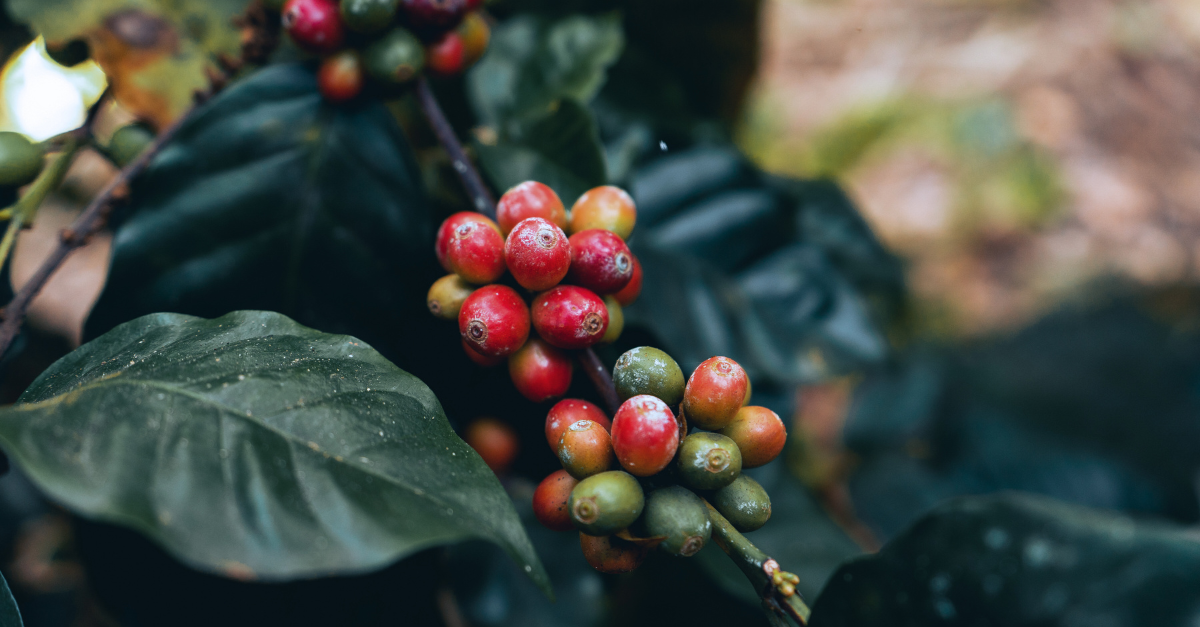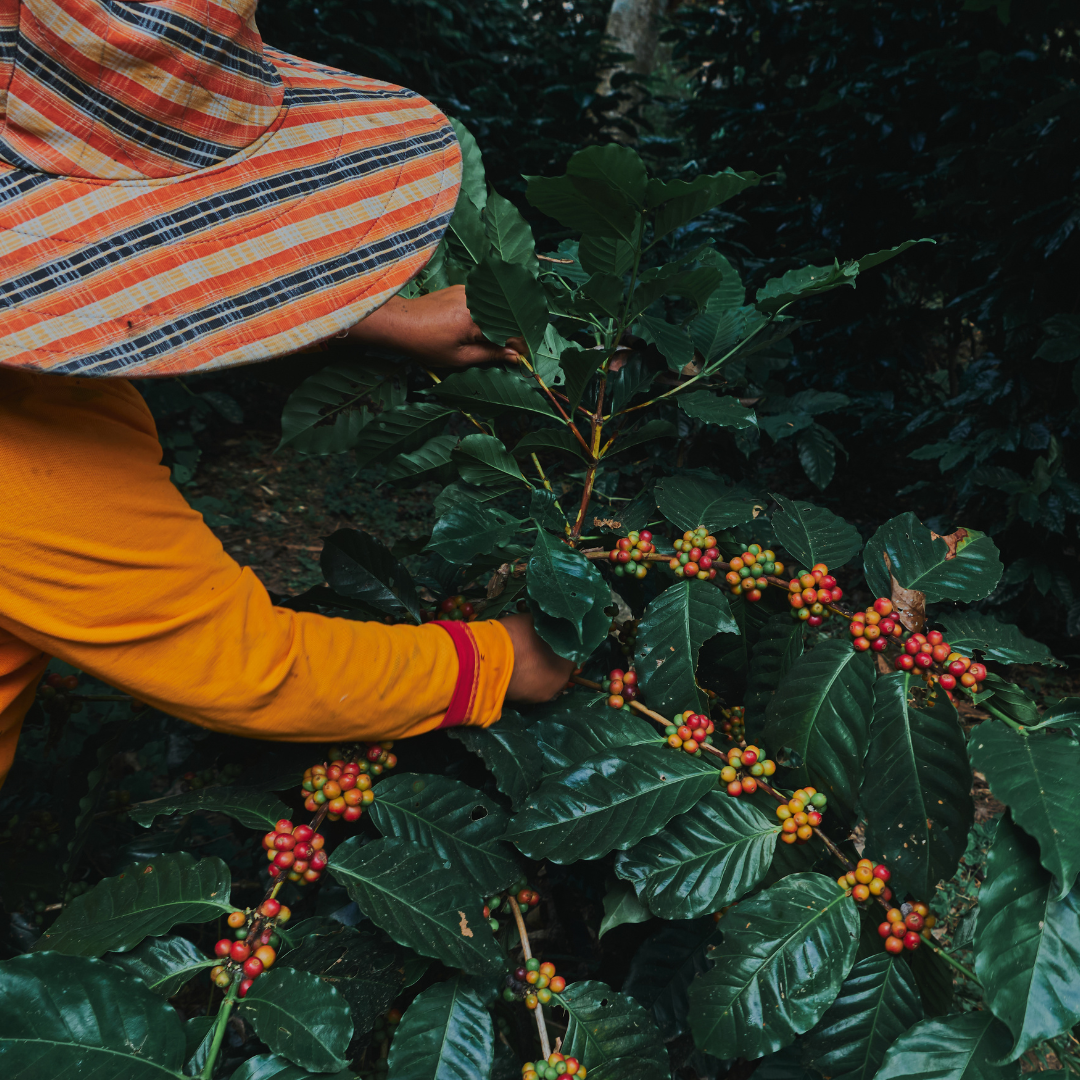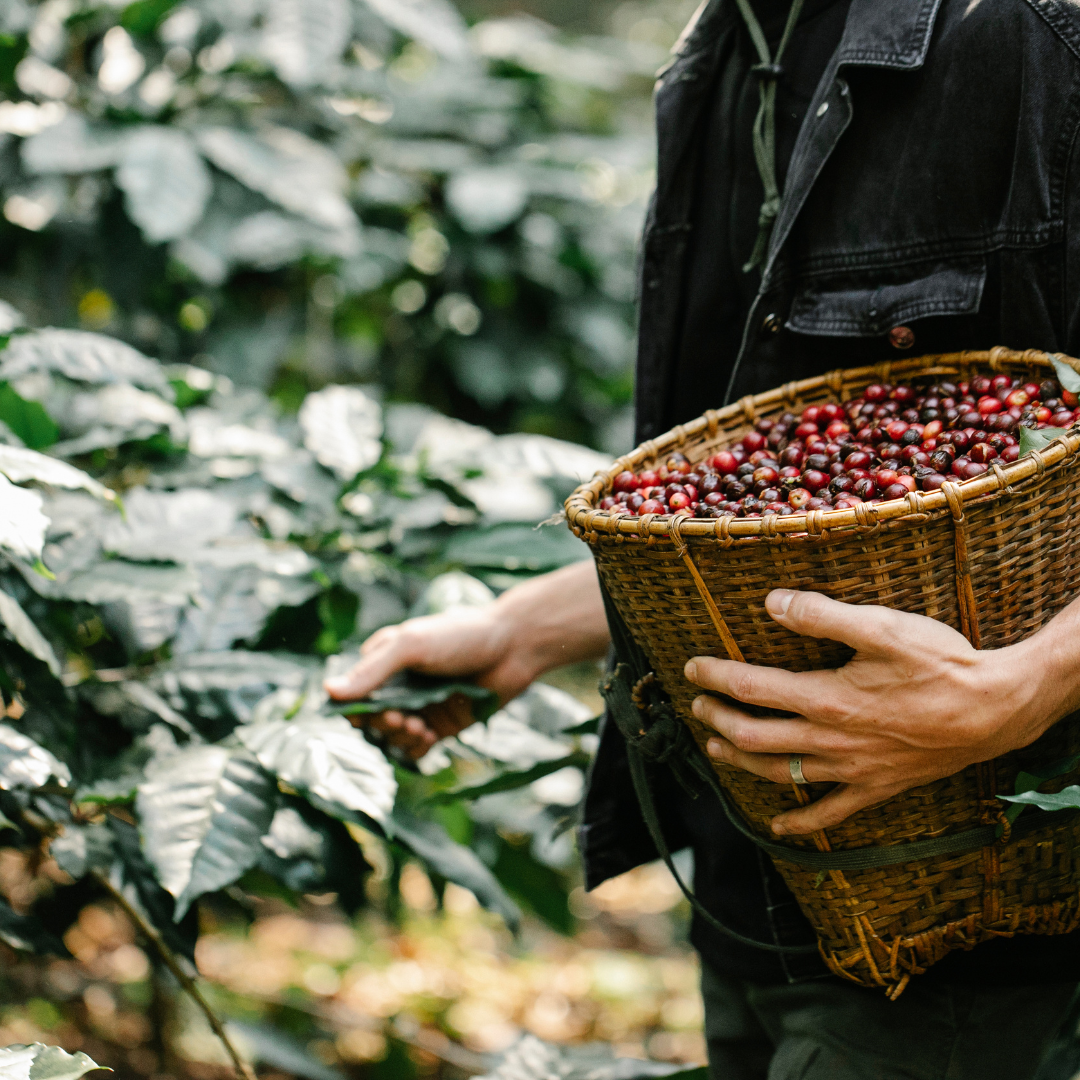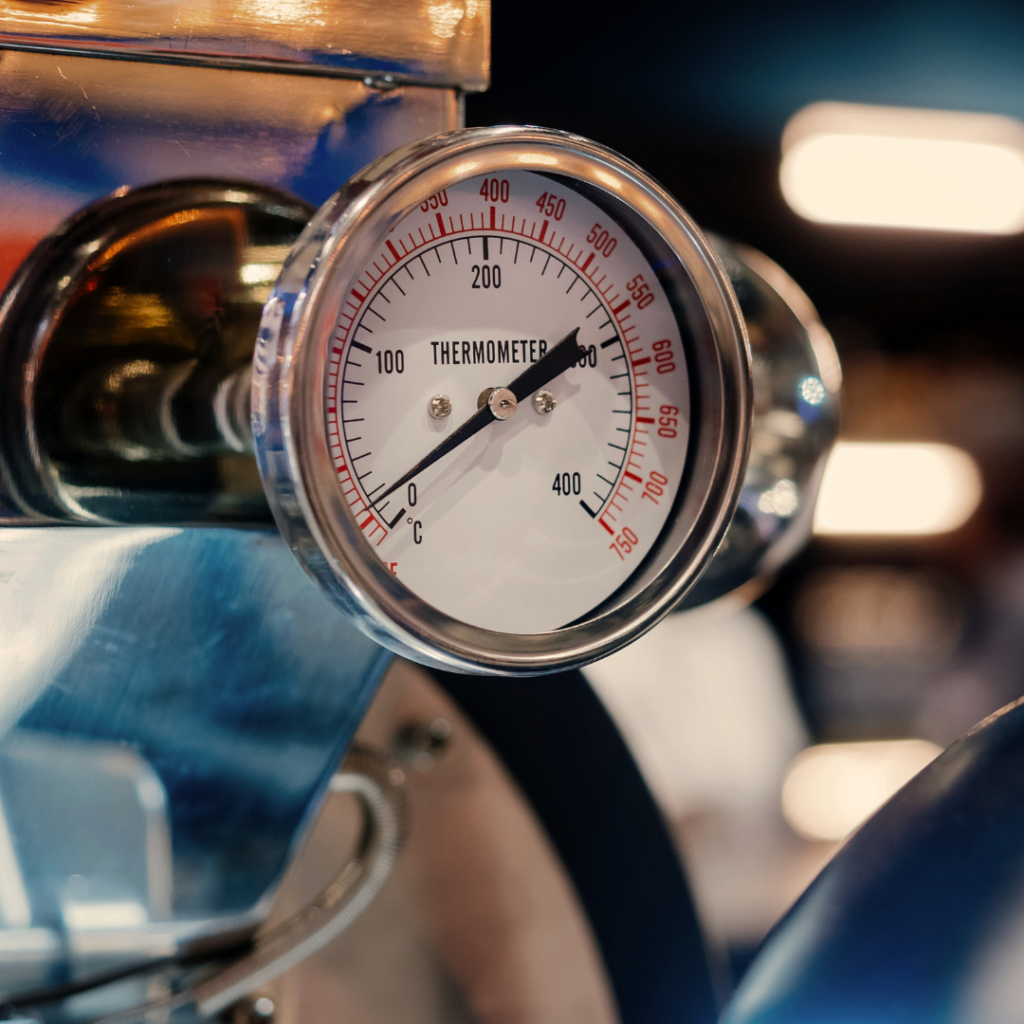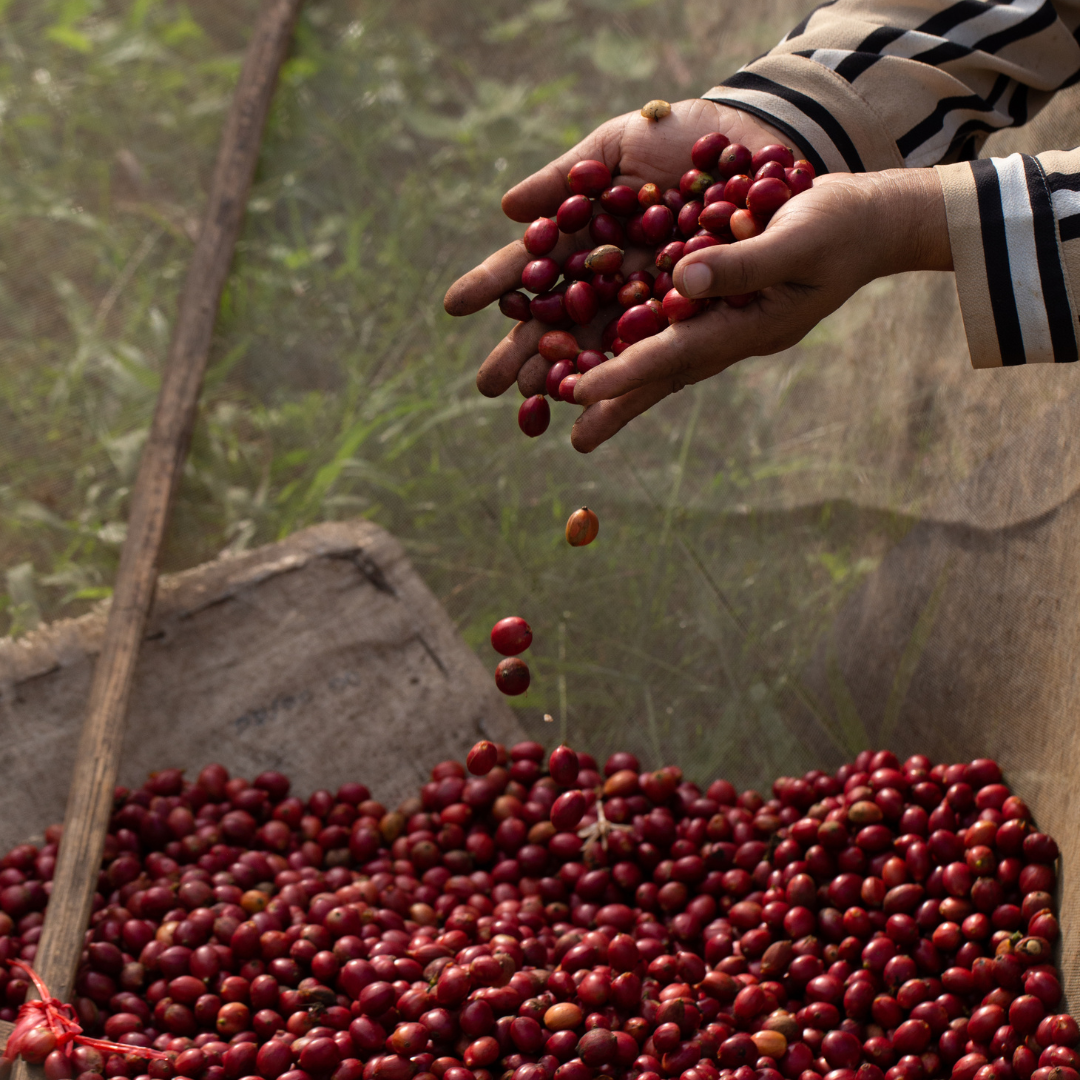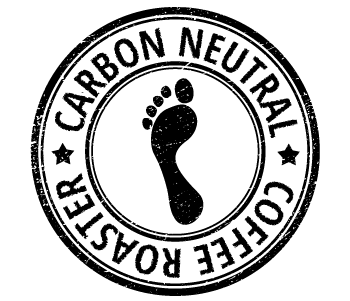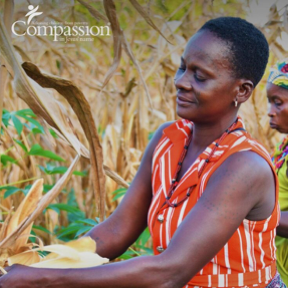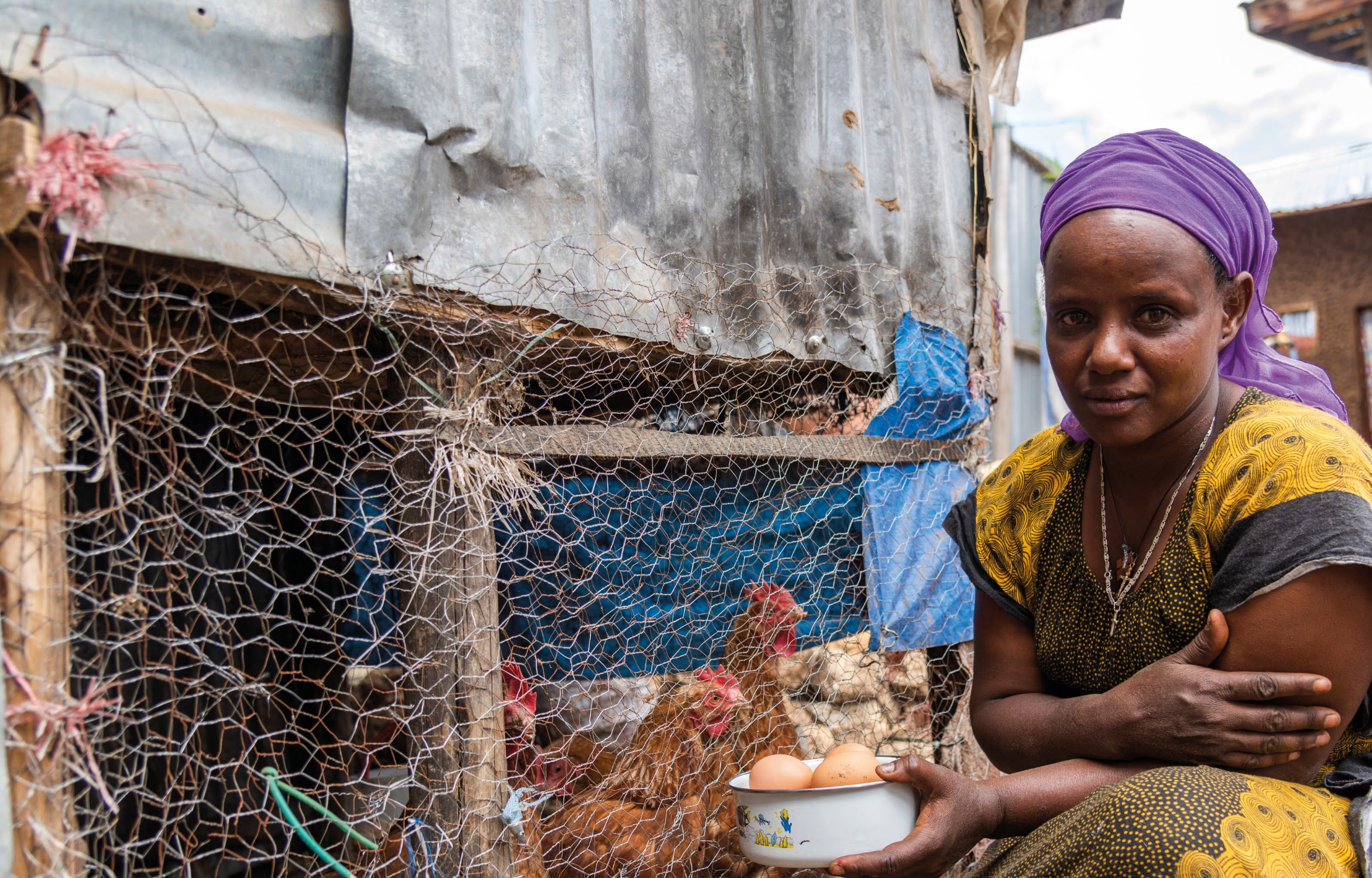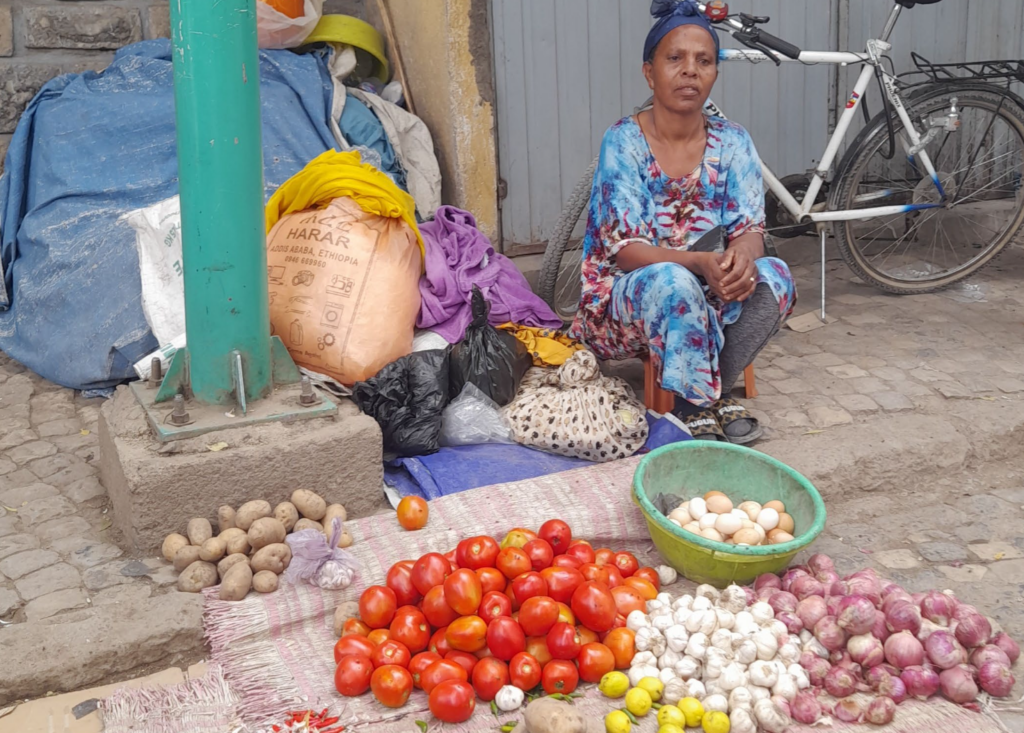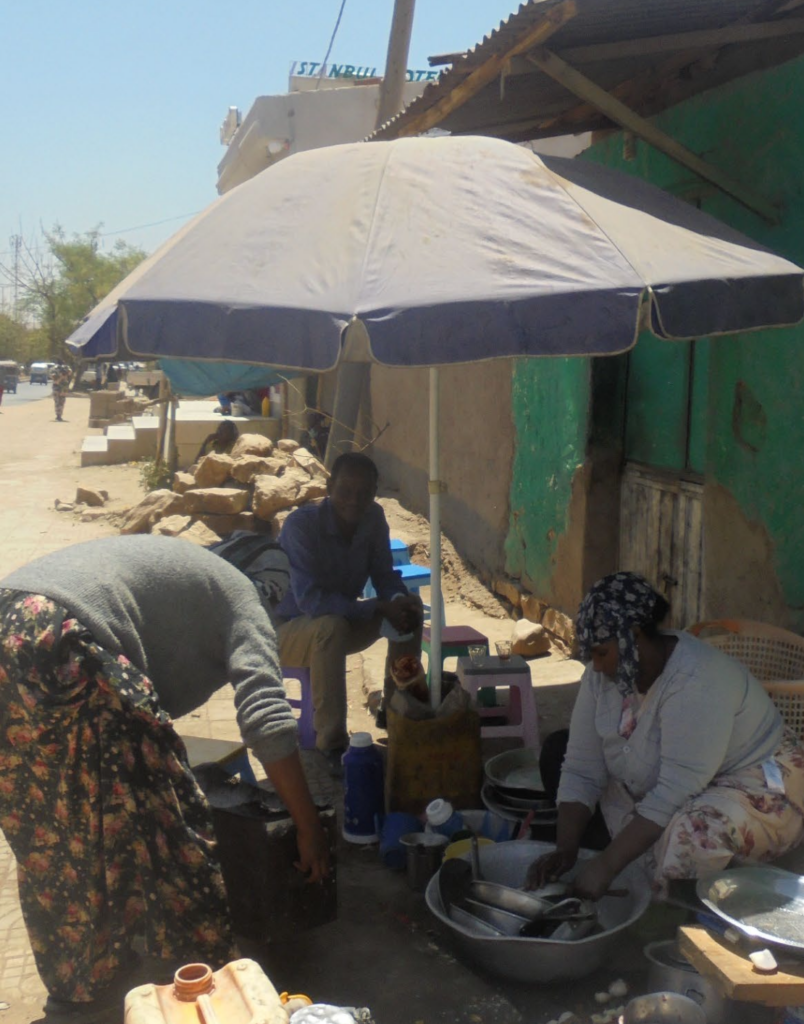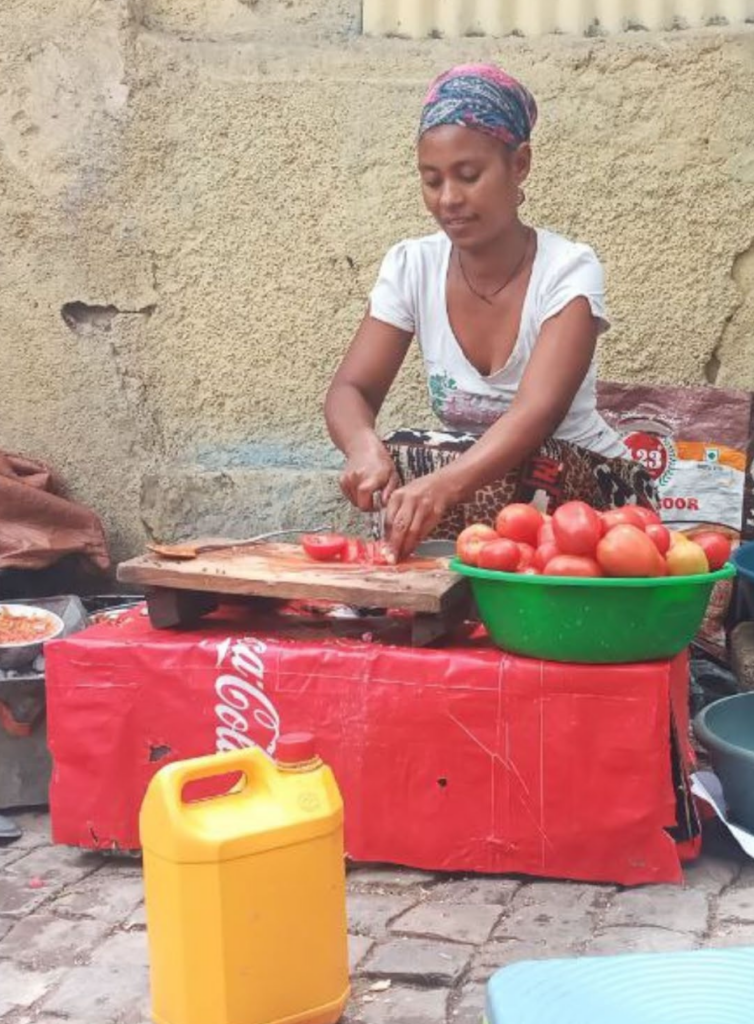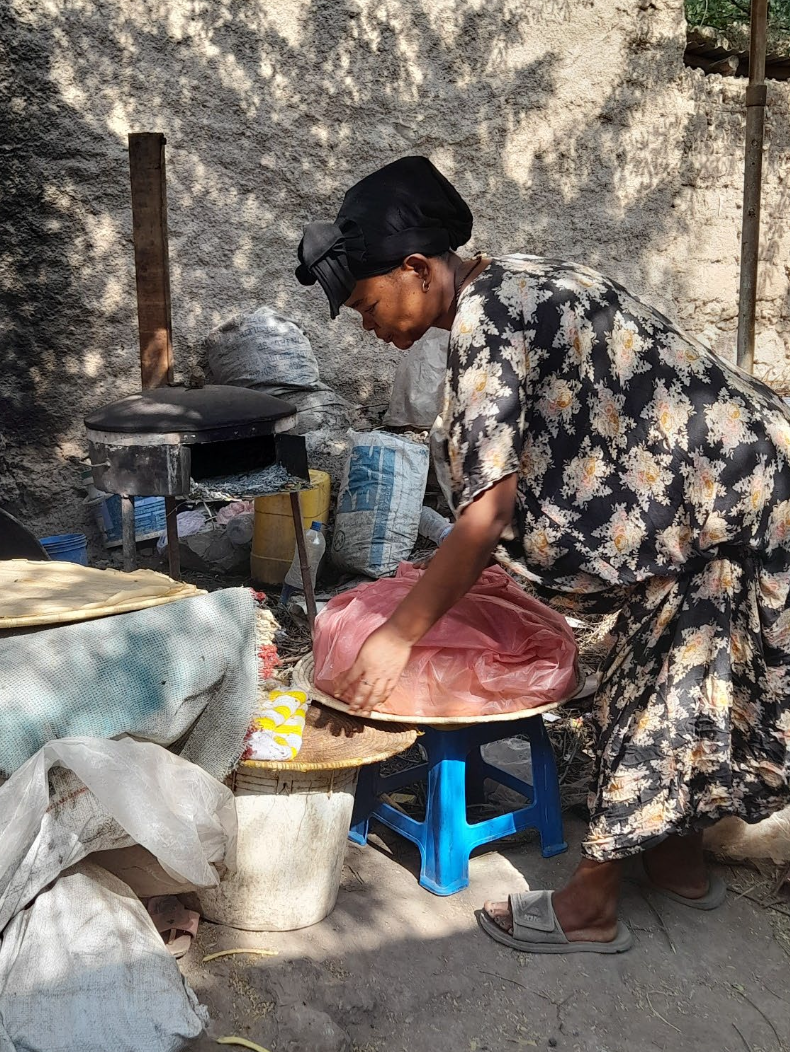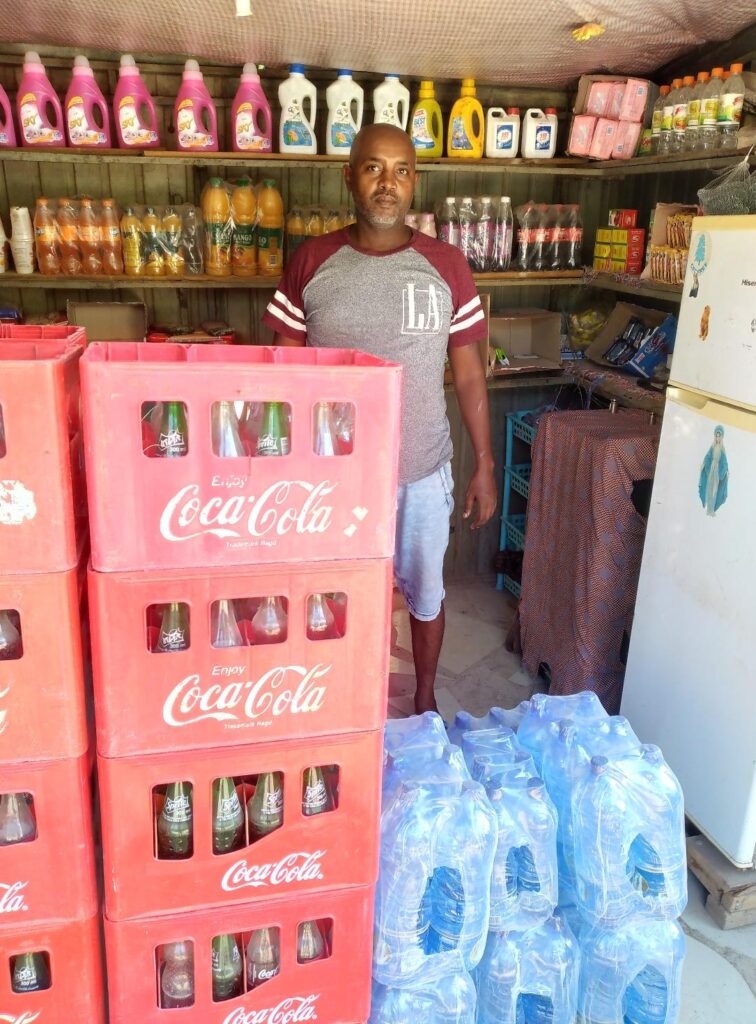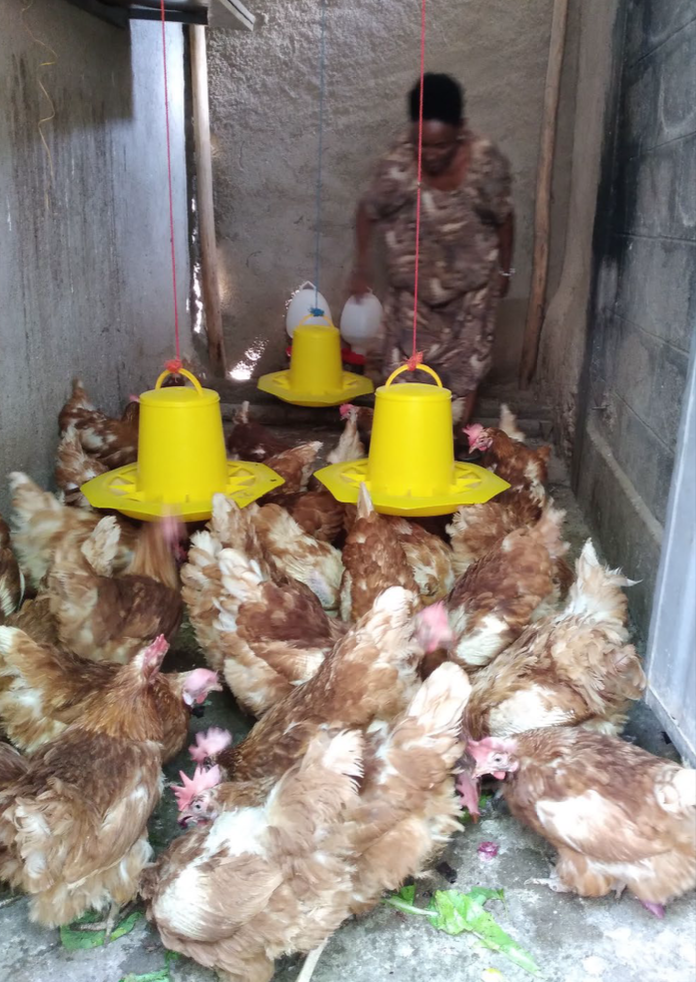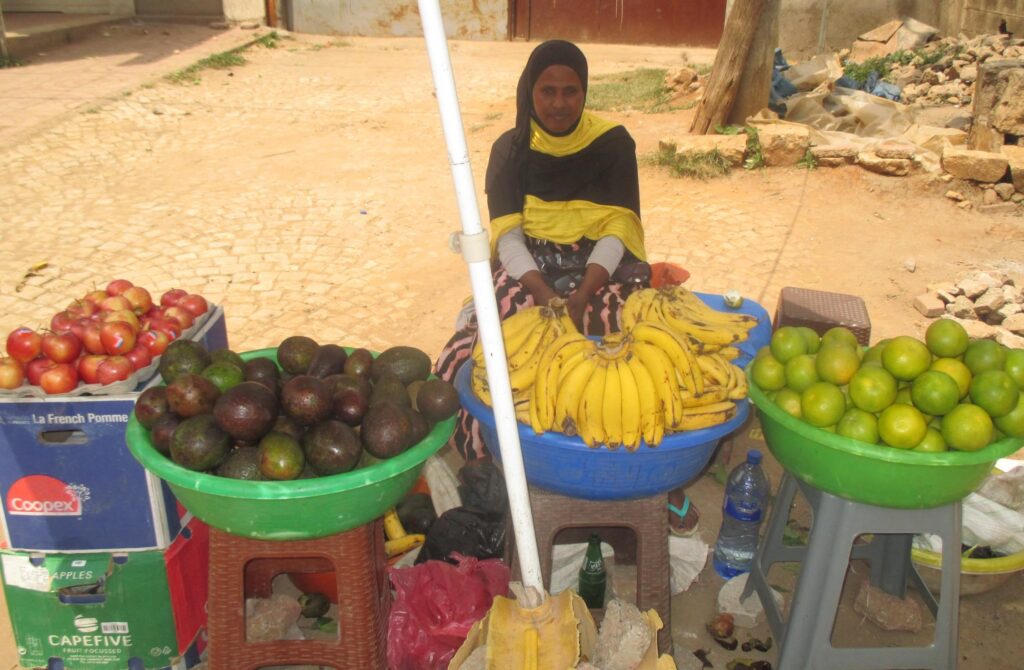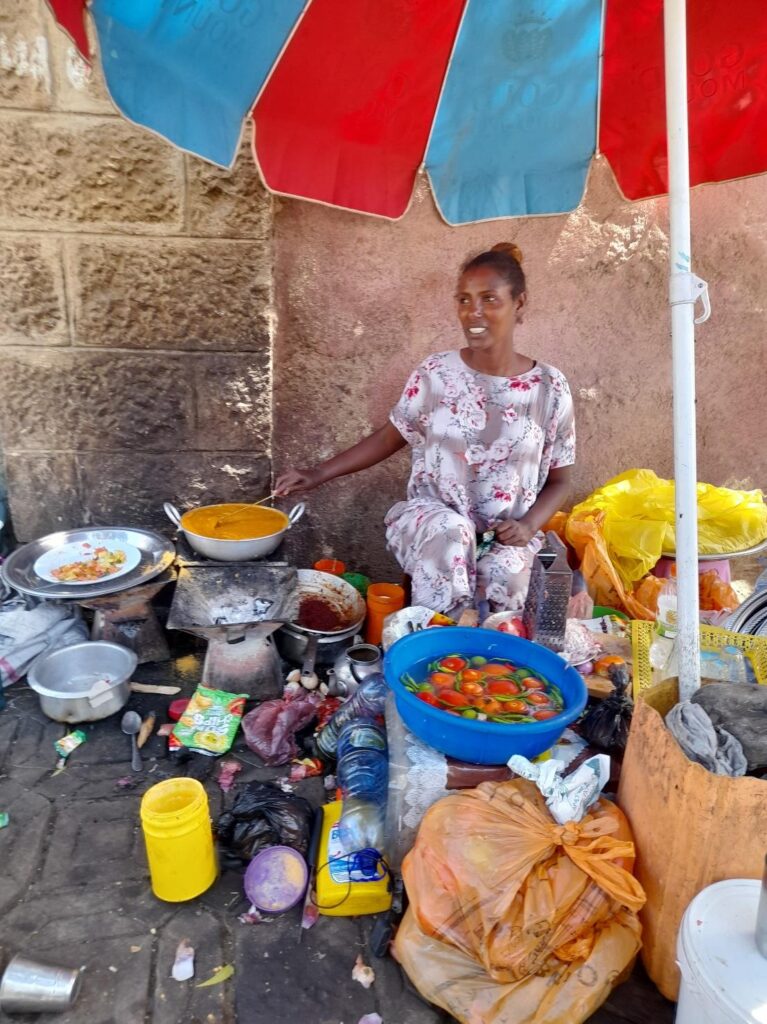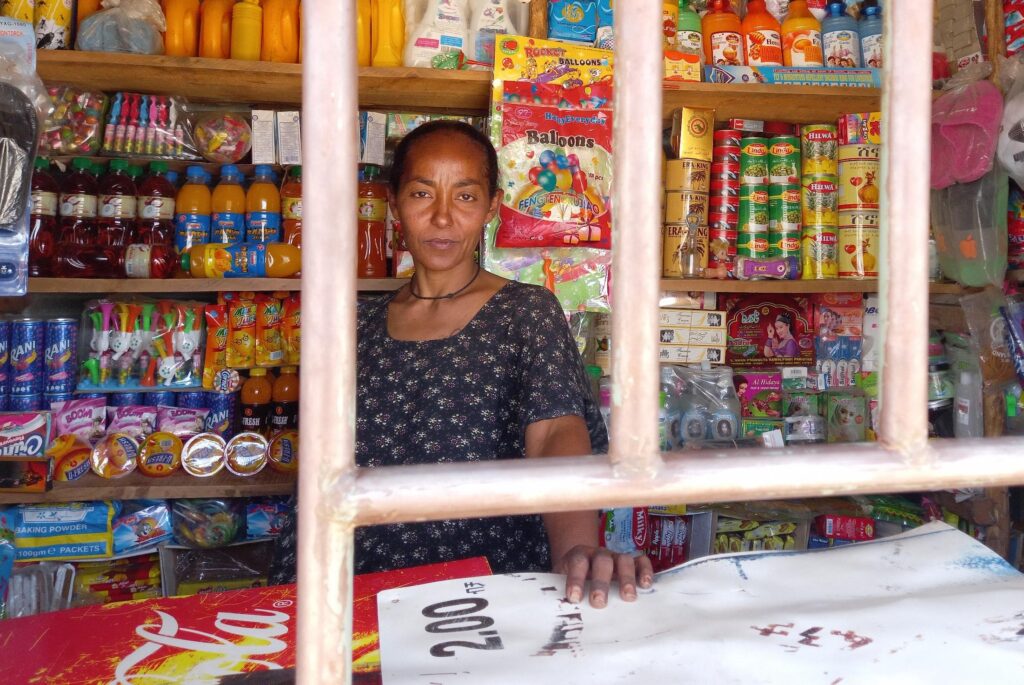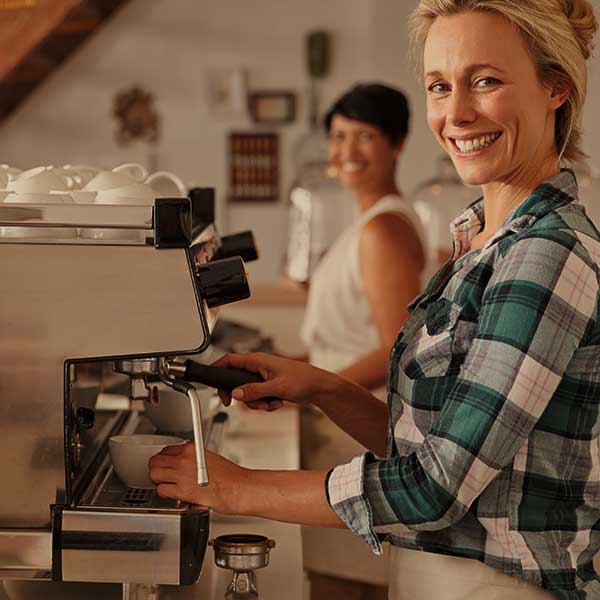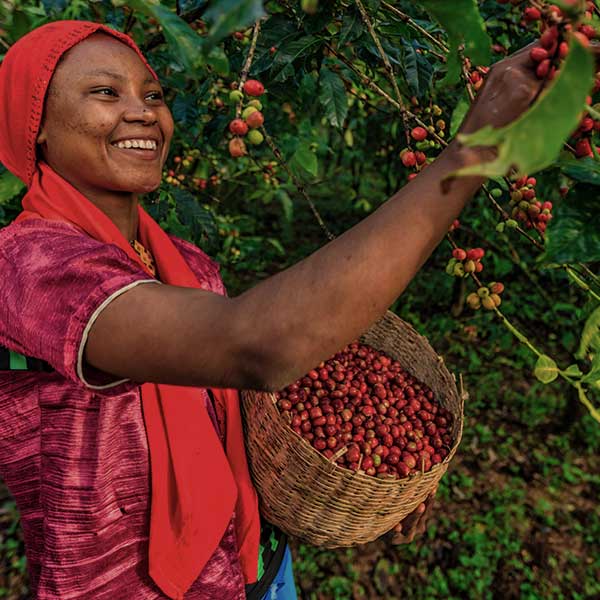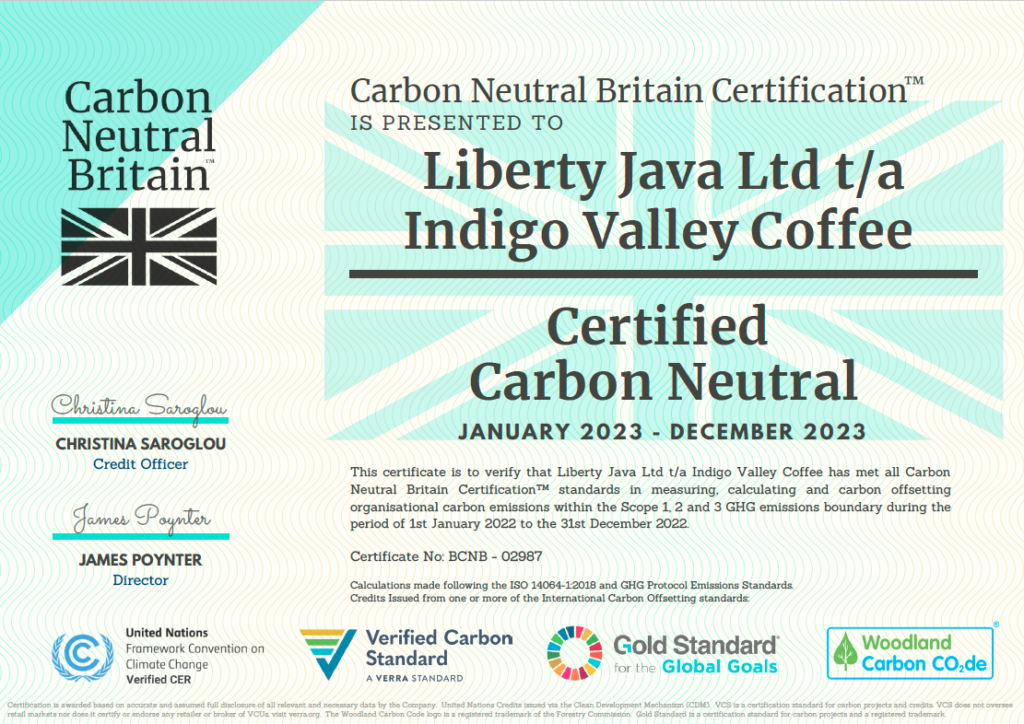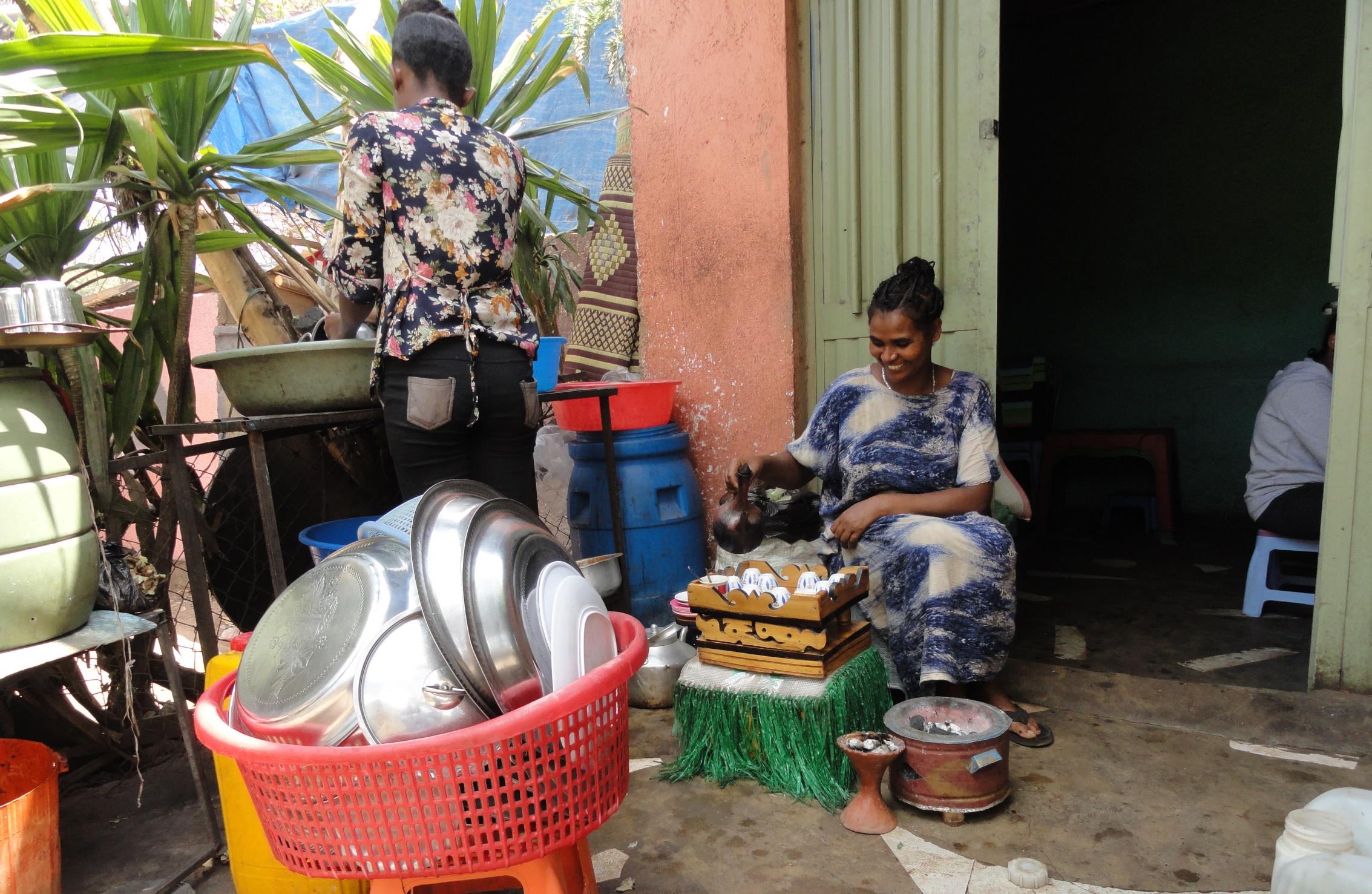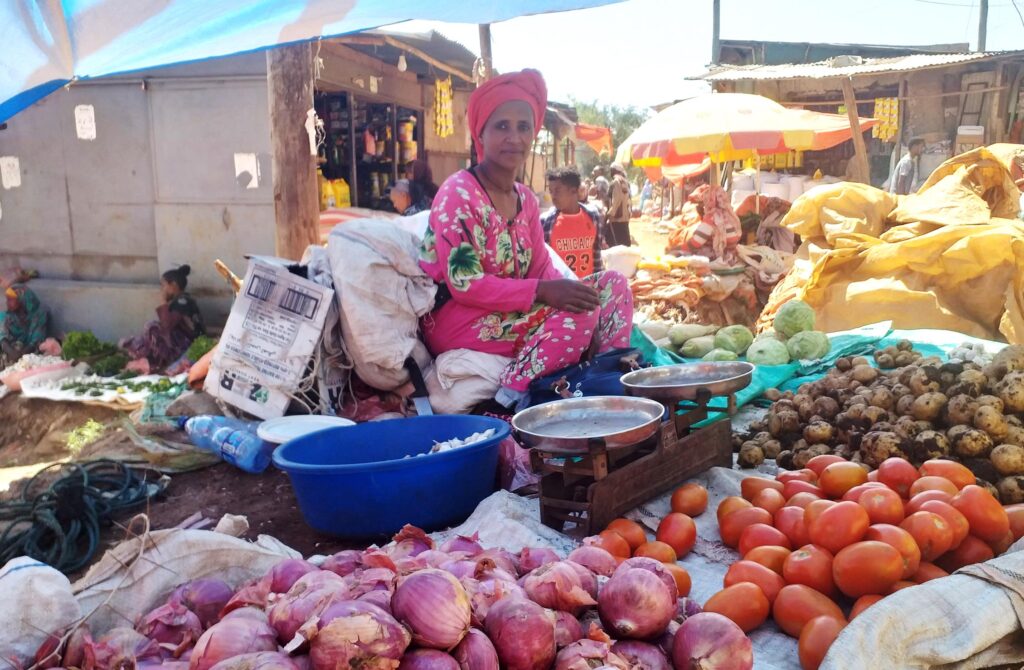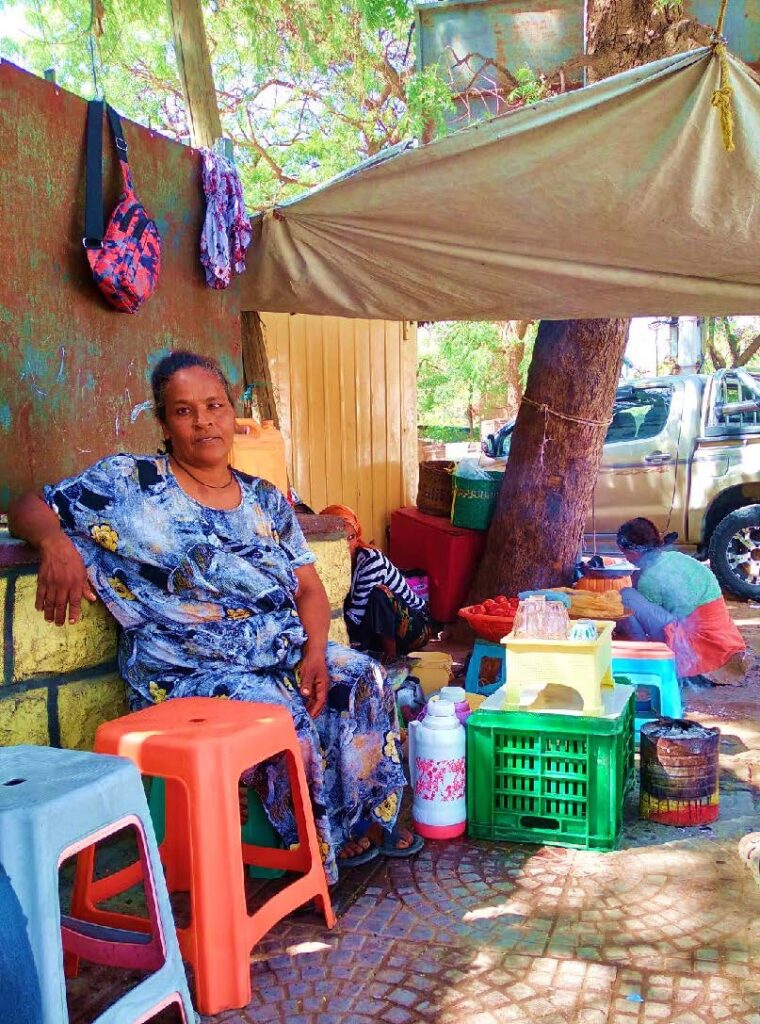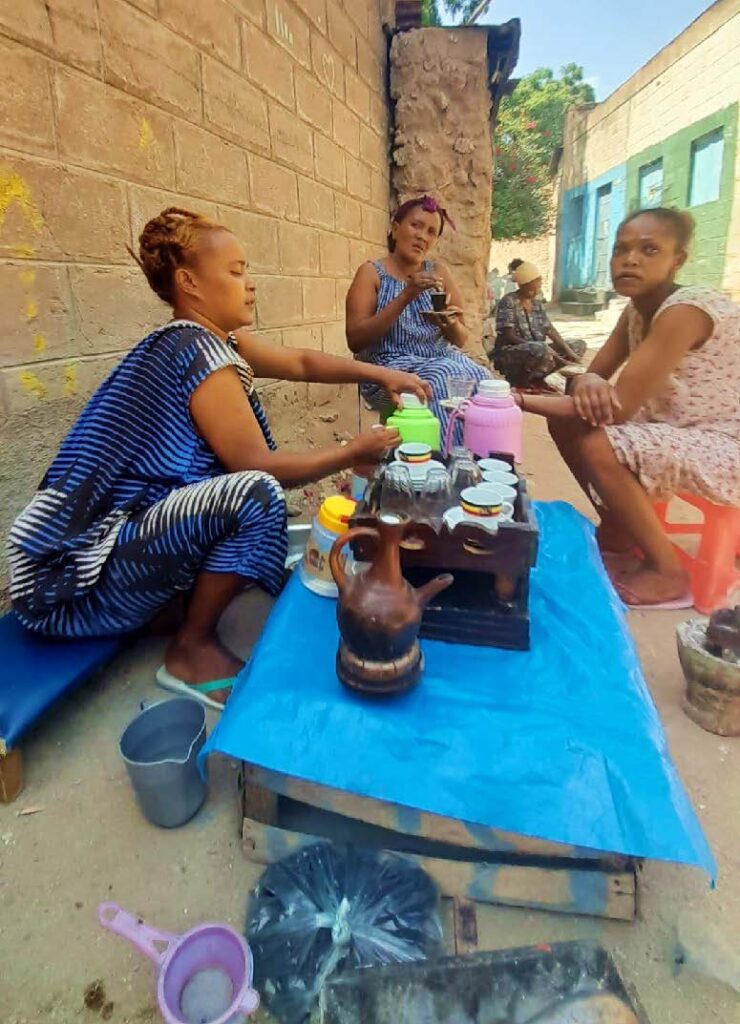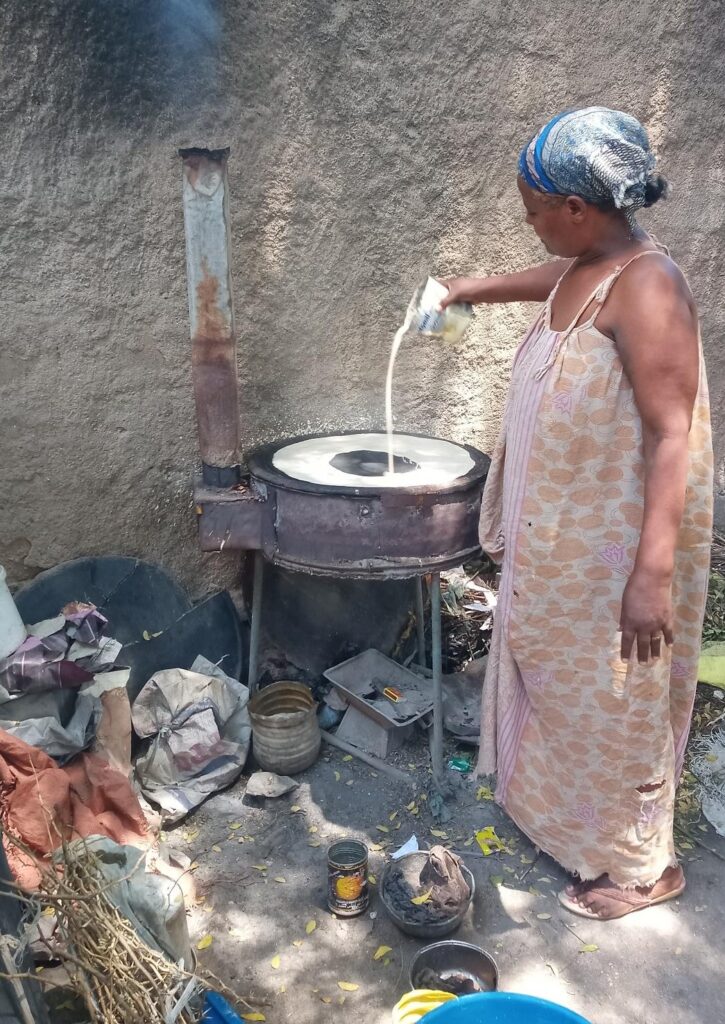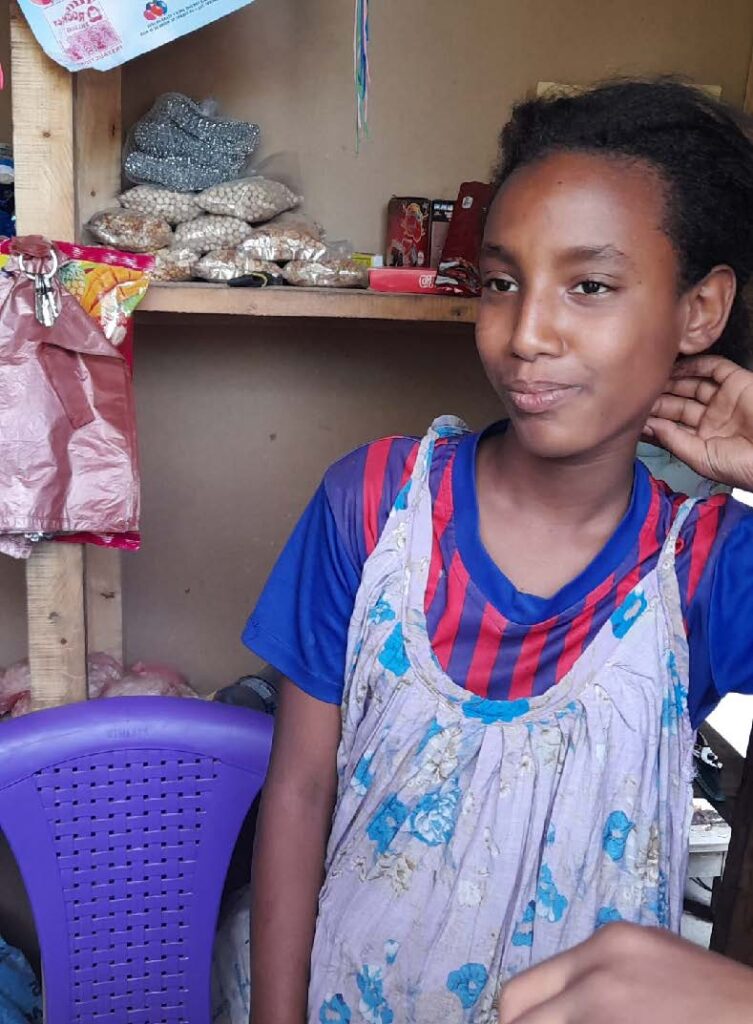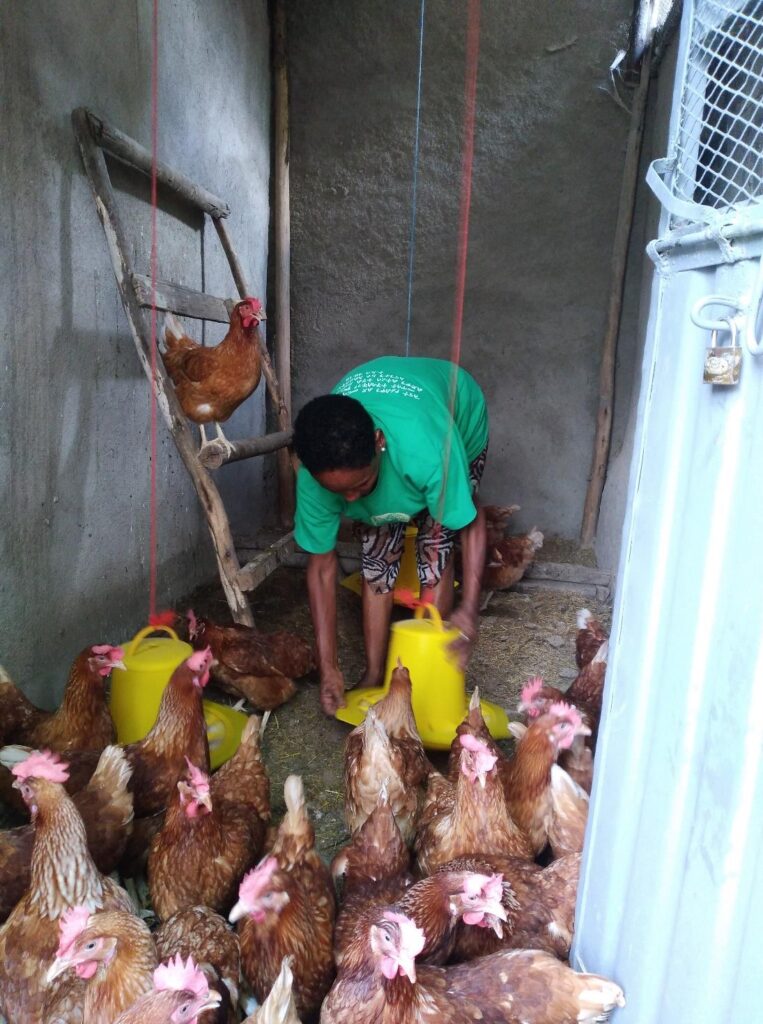
The Ultimate Guide to Coffee Storage: Keeping Beans Fresh for Longer
If you’re a coffee enthusiast, you know that the journey to a perfect cup of coffee begins long before the water hits the grounds. It starts with the beans. Keeping your coffee beans fresh is essential to enjoying that rich, full-bodied flavour every morning. But how do you ensure that your beans stay as fresh as possible? Welcome to the ultimate guide to coffee storage, where we’ll explore the best practices to keep your beans fresh for longer.
Coffee beans begin to lose their flavour soon after you open the packet when they become exposed to oxygen, light, moisture, and heat. This process, known as oxidation, causes the beans to become stale and lose their aromatic oils, resulting in a flat and lifeless cup of coffee. The key to maintaining freshness is to minimise these factors. Coffee beans should be kept in a cool, dry place, and away from direct sunlight.

1. Choose the Right Container
Airtight Containers
The first step in preserving your coffee’s freshness is to store your beans in an airtight container. Oxygen and moisture are the enemies of fresh coffee, so it’s crucial to limit its exposure to both. Look for containers with a vacuum seal or one-way valves that allow CO2 to escape without letting oxygen in.
Opaque Containers
Light can also degrade coffee beans by breaking down their delicate oils. To protect your beans from light exposure, choose an opaque container or store them in a dark place.
2. Avoid the fridge!
Aim to store your beans at room temperature, in a pantry or cupboard away from any sources of moisture or heat. While it might be tempting to store coffee beans in the fridge, this will do more harm than good. The constant temperature changes and high moisture levels cause condensation, leading to the coffee becoming very stale and a total loss of flavour. Instead, stick to storing your beans at room temperature.
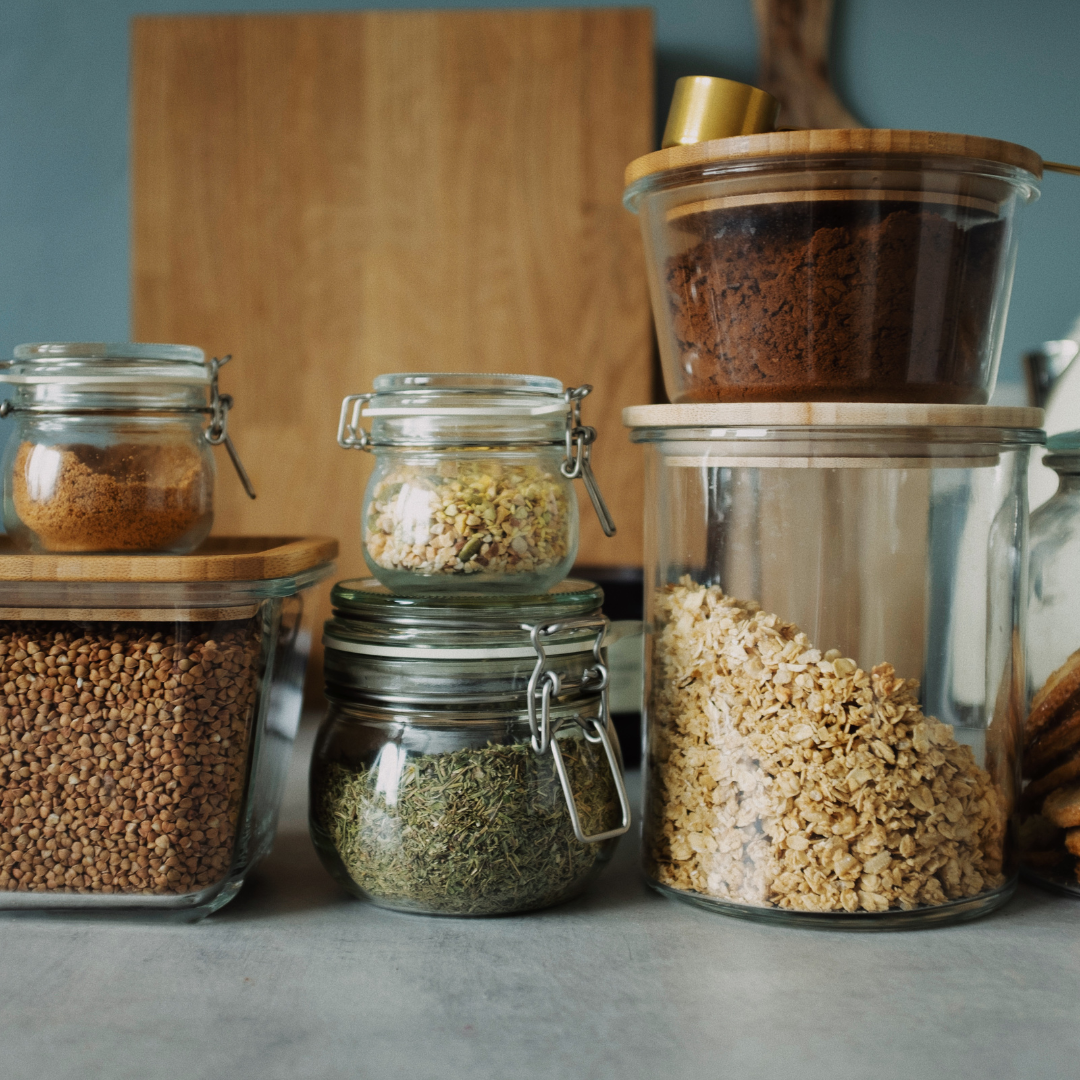

3. Buy in Small Batches
One of the best ways to ensure your coffee stays fresh is to buy it in small batches. This way, you’re always consuming coffee at its peak freshness. Aim to buy enough coffee to last you one to two weeks. Frequent purchases might seem inconvenient, but the improved flavour will be worth it. At Indigo Valley we offer a coffee subscription which means you don’t have to worry about when your next batch of coffee is coming.
Top Tip – When you get a new batch of beans, resist the urge to mix them with the remnants of your old batch. Mixing old and new beans can compromise the flavour of your coffee. Use up the old batch first or store them separately to ensure the best taste.
4. Grind Just Before Brewing
Coffee beans stay fresh longer than ground coffee. Whole beans retain their aromatic oils and flavours better than pre-ground coffee. To get the most out of your beans, grind them just before brewing. Investing in a good-quality burr grinder can make a significant difference in your coffee’s taste and aroma.

Storing your coffee beans correctly can make a huge difference in the quality of your morning brew. The journey to a perfect cup starts with how you treat your beans from the moment they leave the roaster to when they reach your cup. So take a little extra care in storing your coffee, and savour the rich, aromatic flavours that come from freshly preserved beans.
Happy brewing!

Interested in more?
Looking for more articles about coffee and coffee equipment from Indigo Valley? Why not view our archive of posts and articles for everything you need to know about coffee.

